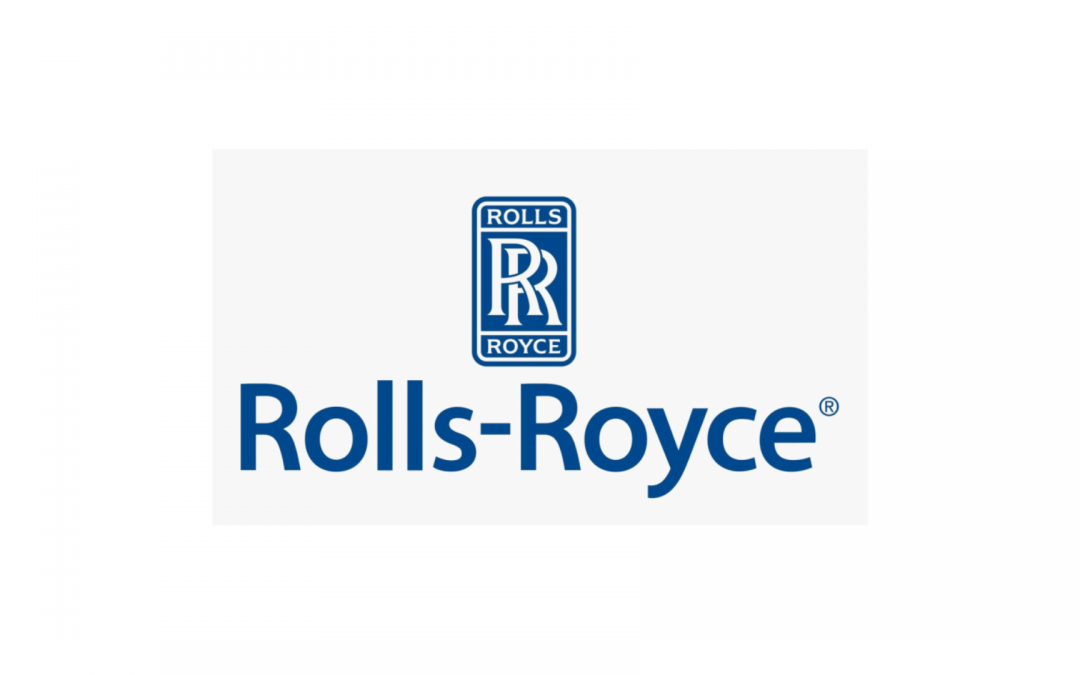Green methanol has the potential to shape the energy transition. Often referred to as e-methanol and produced using hydrogen and CO2 from renewable sources, it has the advantages of a liquid, energy-dense fuel for mobile applications while being less expensive to produce than other e-fuels.
Its lightweight, easily transportable composition and worldwide availability make it an attractive option for manufacturers in the marine industry looking for a climate-friendly fuel alternative. Onboard a vessel, it requires significantly less space than other alternatives such as hydrogen for fuel cells or batteries with the same range. In addition, methanol is less toxic than other e-fuels, such as ammonia.
Adapting technologies for greener propulsion
For Rolls-Royce, a high-speed methanol-fuelled engine for the marine industry is one of many solutions that form our net zero strategy and is currently being developed by our mtu brand.
Despite differing fundamentally from diesel in many chemical and physical parameters – from energy content, density, evaporation properties and ignition energy to viscosity and lubrication behaviour – the team can draw upon extensive experience with other liquid fuels, primarily taken from diesel engines.
“We are already using methanol as a fuel on a daily basis in thermodynamic tests with our technology demonstrator on the test bench,” explains Mathias Müller, Technical Project Manager for Development Projects at Rolls-Royce’s Power Systems.
A major plus for ramping up the new technology will be its ability to build on existing infrastructure for methanol, says Müller: “Dealing with conventionally produced methanol as a chemical feedstock is now well established in ports and other areas, so switching to e-methanol as a fuel presents comparatively fewer challenges than with other e-fuels.”
Pioneering new standards for green shipping
The mtu engine is intended to set new standards in green shipping and has the potential to be an industry game-changer when solutions of this type surge in demand in the second half of the 2020s.
Presenting the project last December, Denise Kurtulus, Vice President Global Marine at Rolls-Royce Power Systems underlined its importance: “With the new development of mtu methanol engines, we want to lead the way as pioneers in the marine industry,” she said.
Already, Rolls-Royce is working with German yacht and shipbuilder Lürssen to develop a methanol-fuelled propulsion system. Likewise, Italian manufacturer Sanlorenzo is planning a yacht with mtu methanol engines from Rolls-Royce in the coming years.
Exploring e-fuels of the future
Alongside internal combustion engines, fuel cells will also play a vital role in providing power for large ships. Powered by hydrogen, fuel cells produce no harmful emissions such as CO2, nitrogen oxides or particulates, and have a very high level of efficiency.
Likewise, e-methanol shares the versatility to become one of the most important fuels of the future beyond commercial shipping. The fuel can be used in combustion engines using the diesel principle, or with the help of a reformer to produce electrical energy in fuel cells. “Each of these developments has its own strengths that are particularly important for the respective customer,” adds Kurtulus.
Source: Hellenic Shipping News





